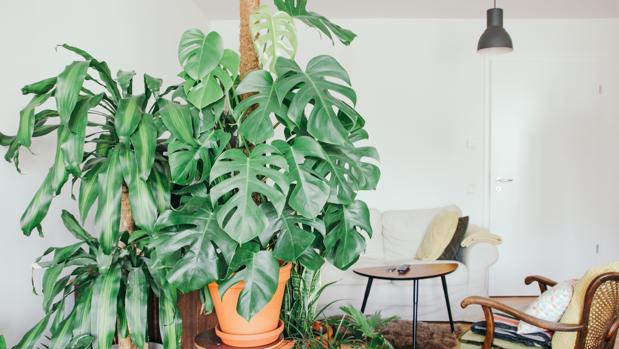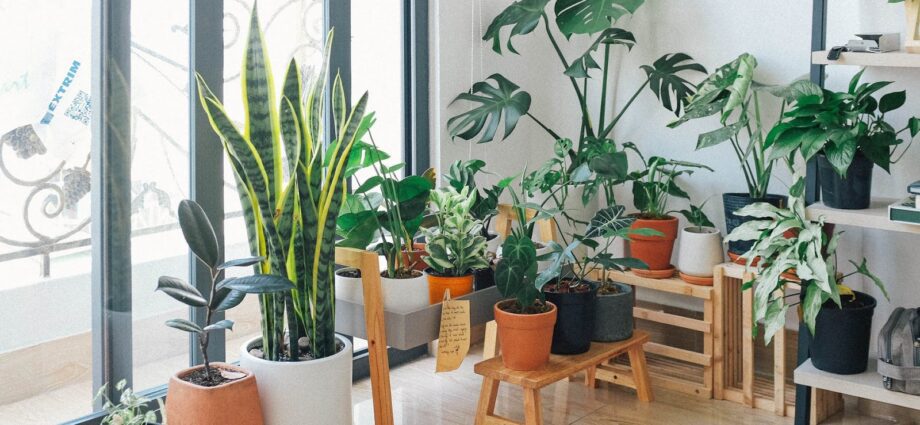Nội dung
Cây cối trong nhà giúp ích cho bạn nhiều hơn bạn nghĩ
Tâm lý học
Taking care of plants can help us feel more company and have better air in our home

If there are plants there is life. That is why we fill our houses “with green”, we have urban gardens and the terraces are populated with small flowerpots. Although the plants require a lot of care – not only to water them, but we must also worry about where to put them so that they have the best light, give them nutrients, spray them … – we continue to buy and give them away.
And, plants have always been part of our life. The human species has evolved in a môi trường tự nhiên, in which life cycles are fulfilled: animals grow, flowers pass from flower to fruit … our perfect environment is traditionally nature, and therefore filling our home with plants is a natural step.
Manuel Pardo, a doctor in botany specialized in Ethnobotany explains that, «just as we talk about companion animals, we have company plants». He supports the idea that plants give us life and are something more than an ornament: “Plants can turn a sterile-looking urban landscape into a fertile image. To have plants increase our well-beingWe have them close by and they are not something static and decorative, we see them grow ».
Plants, from a psychological point of view, have a very important function. And we can consider them as “companions” or memories. “The oldest companions in my life are in my living room, in my case I have plants that carry more with me than my children and my wife,” jokes Manuel Pardo. Also, comment that las plants are easy to pass. Therefore, they may tell us about people and remind us of our emotional ties. A plant that a friend or relative gives you will always be a memory. “Also, plants help us to reinforce the idea that we are living beings,” the expert points out.
It is common to hear that it is not good to have plants at home “because they rob us of oxygen.” The botanist demystifies this belief, explaining that, although plants consume oxygen, it is not at a level that should concern us. “If you don’t throw your partner or your brother out of the room when you sleep, it’s the same with the plants,” explains the professional, who adds that, if nothing happens when he spends the night in the mountains surrounded by trees, it doesn’t happen either. nothing to sleep with a couple of plants in the room. “It would have to be a very closed environment with many plants to have a problem,” he points out. In contrast to this, Manuel Pardo explains that plants have a capacity to filter volatile compounds in the air, and this is one of their direct environmental benefits.
Sử dụng trong nhà bếp
Likewise, the doctor specialized in ethnobotany –that is, the study of the traditional uses of plants– comments that plants have other uses beyond “company” and decoration. If what we have are plants such as rosemary or basil, or vegetables, then we can use them in our kitchen.
Finally, the professional issues a warning. Although they bring us many benefits, we must have watch out for some plants, especially those that are toxic. Although we like these plants visually, people who have children at home should take this into account, since they can be poisoned by sucking or touching them.
Manuel Pardo is clear: plants are a support. “They have each other as a company” and ends by emphasizing that, in the end, between people and plants, during the cultivation process, a union is created.










